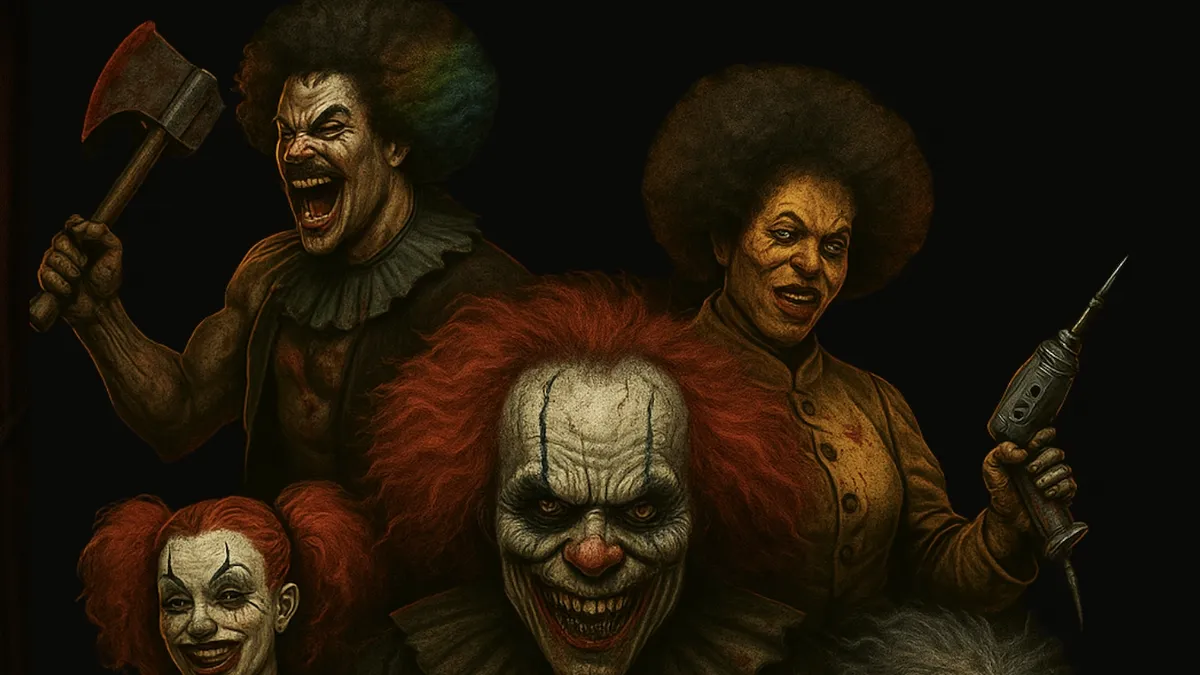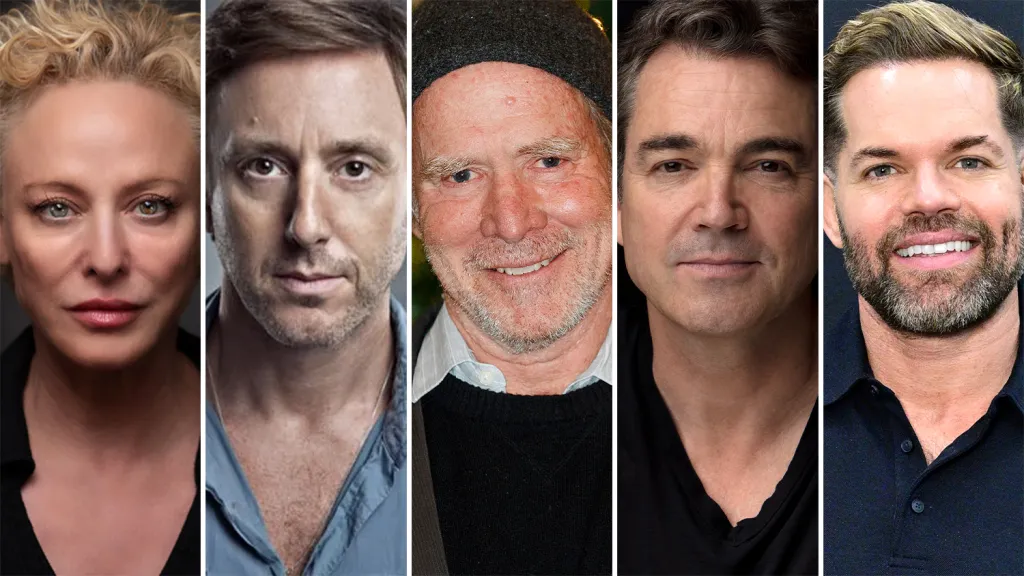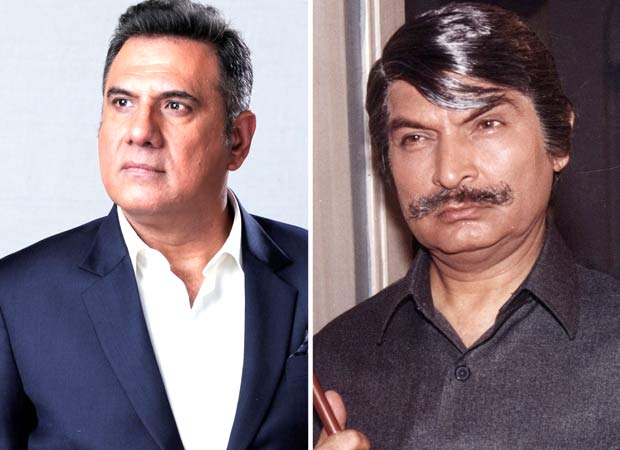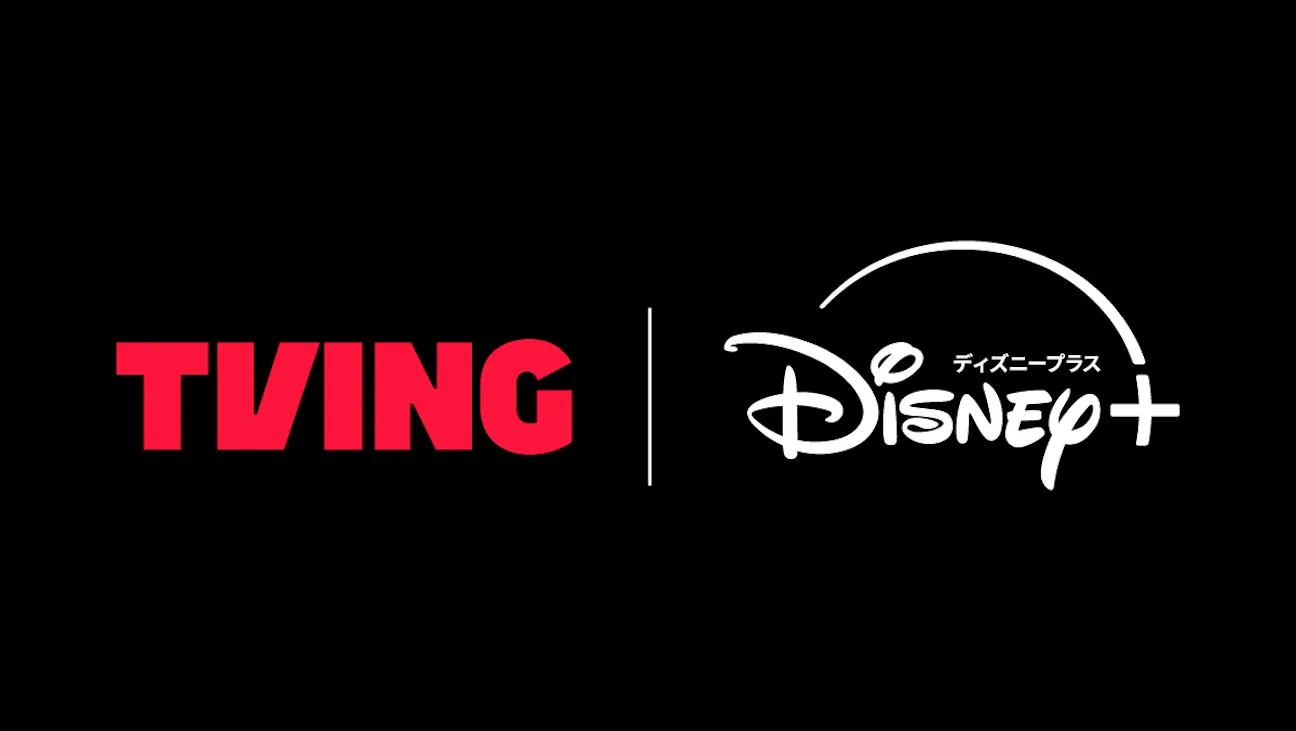Copyright dailymail
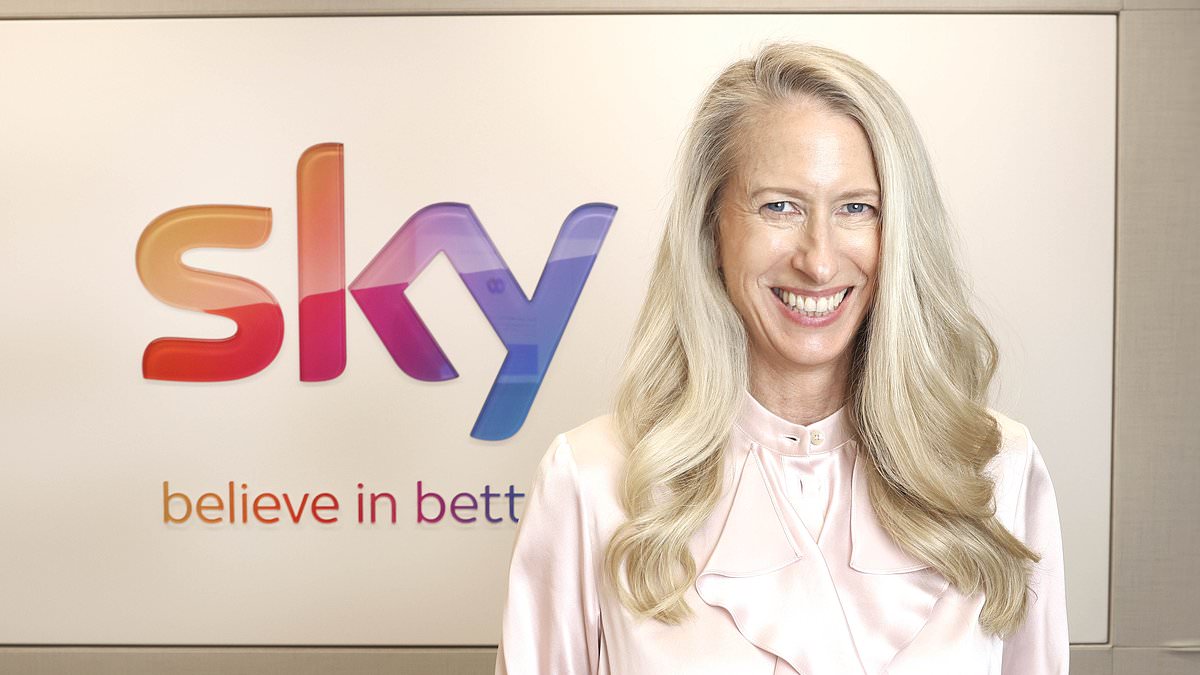
Dana Strong, the chief executive of Sky, is already one of the most powerful figures in the UK media industry. Yet she is poised to become even more prominent if she manages to pull off an audacious £1.6 billion deal to take over ITV's media and entertainment business, a development that burst into public view late last week. Comcast, the US media giant that owns Sky, is in early-stage talks to buy ITV's free-to-air television channels along with its ITVX streaming platform. A takeover of Britain's biggest commercial broadcaster would transform Sky's presence in the UK and propel it even deeper into the heart of the country's cultural and political life. Adding intrigue to the story is the fact that the two protagonists are among the most high-profile women in global media: American-born Strong, a forceful and polished leader; and ITV's chief executive Carolyn McCall, one of the UK's most respected and seasoned executives. Strong is extremely limited in what she can say about the potential merger. Any loose remark risks breaching stock-market disclosure rules. But when we meet in her airy offices on Sky's West London campus – a few days before news of the deal leaked – she discusses the bigger picture: Comcast's commitment to investing in Britain, and her belief that the UK remains one of the most dynamic creative hubs in the world, despite its well-documented economic challenges. 'The UK has a very vibrant creative economy, which is growing faster than the broader economy,' she says. 'There is a very, very long history of being great storytellers in the UK. We have a flourishing skill set around directors, cameramen, production, acting, music – everything you need is here. I believe there will continue to be demand for uniquely British stories.' Referring to the ITV drama series that galvanised the nation and prompted political action over the Post Office Horizon scandal, she says: 'Mr Bates Vs The Post Office is a perfect example.' When asked about the BBC's central role in UK broadcasting, Strong responds: 'I don't see it as a competitor. It's really important to the creative economy that the BBC is there. It creates volume through the shows it commissions, and that supports skills, investment, and the whole ecosystem.' If the ITV bid materialises, it would mark another major bet on Britain for Comcast, which acquired Sky in 2018 for £30 billion – three years before Strong took the helm. Since then, Comcast has written down billions from Sky's valuation, reflecting the difficulties facing all legacy media companies. Comcast's sprawling portfolio includes Universal Pictures, the NBC network and the Peacock streaming service. Industry rumour even suggests Comcast may be exploring a mega-merger with Warner Bros Discovery, owner of HBO and Max – a move that would reshape the global entertainment landscape. Sky began life in the 1980s as a plucky pioneer in pay-TV. Today, the empire spans telecoms, a growing film and studio operation, and even its own television sets in the form of the Sky Glass smart TV. Any deal with McCall would involve breaking up ITV. Sky's interest lies in ITV's media and entertainment division, not its Studios arm — the production powerhouse McCall has championed and significantly expanded. That separation would almost certainly leave ITV Studios as a tempting takeover target in its own right. Sceptics may view Comcast's advance as part of a wider trend of opportunistic US buyers swooping on undervalued UK companies. ITV's share price has languished for years despite what McCall's strong strategic leadership. But Strong portrays Comcast as a serious long-term investor. Indeed, the company is backing a vast new theme park in Bedfordshire through Universal, while Sky has just secured planning approval for a major expansion of its Elstree Studios complex in Hertfordshire – home to productions including last year's Paddington In Peru. Sky estimates that the enlarged facilities will create 2,000 jobs and generate £3 billion of economic value. 'Despite the uncertainty around investment in the UK, we continue to be big believers in this market,' Strong says firmly. A merger would unite two of Britain's best-known media brands and potentially create a formidable platform for investment in public-service broadcasting, entertainment and news. But any tie-up between Sky and ITV would also attract the attention of competition watchdogs concerned about the combined pair's dominance of commercial TV ad revenues. For Strong, an enticing prospect might be blending ITV's heritage in free-to-air broadcasting with Sky's subscription-based model. On the sports front, a deal would bring together Sky's vast portfolio with ITV's rights to big events such as the Euros and the Six Nations – both shared with the BBC. A takeover would also see long-running series such as Coronation Street sit alongside Sky Originals, which Strong has been heavily promoting. One such project is the revamped Day Of The Jackal, starring Eddie Redmayne, which drew more than three million viewers in its first week – the most successful Sky Original to date. Since Sky's absorption into Comcast, its financial reporting has become more opaque, making it harder to assess its performance. But it's no secret that the cost-of-living crisis has prompted many households to rethink monthly subscriptions. 'We've had to be much more focused on value,' Strong accepts. 'Sky is still something people love, so we want to make it affordable.' Both Strong and McCall share an aversion to being labelled 'female CEOs', preferring simply to be recognised as leaders. Yet Strong cites a surprising secret behind her rise to the top: an active sporting girlhood, including gymnastics, tennis and football. 'It's not exactly the first thing people think about when it comes to career success,' she says with a laugh. 'I've played sport all through my life – though I'm a bit on the elderly side now.' For the record, she looks nowhere near her 55 years. Strong wants to boost girls' participation along with the visibility of women's sport across Sky's channels. She argues that sport builds confidence, resilience and the ability to handle pressure – all essential when negotiating billion-pound deals. Research that she recently commissioned found that playing sport at school is as strong a predictor of workplace success as having a university degree – yet girls participate in sport far less than boys. 'One in three girls has been subjected to sexist comments about playing sport,' she says, visibly frustrated. 'I wouldn't run after dark because I'd feel unsafe – and you should be able to run whenever you like.' Sky has partnered with England Lioness Alessia Russo and the charity Goals 4 Girls to help dismantle such barriers. Strong argues that expanding women's sport would result in greater earnings for women, adding billions to the economy. She is advocating tax relief on women's sports production in the upcoming Budget, though she admits the odds may be long. 'We do have a female Chancellor, so maybe there's a chance,' she says, smiling, though not sounding entirely convinced. Her upbeat manner and unwavering optimism bring to mind Ted Lasso – the relentlessly cheerful American who finds himself coaching an English football team and dealing with its sometimes cynical fans. Does she watch it? 'Oh yes,' she says. 'I love Ted Lasso. It's the perfect antidote after Succession.' For those unfamiliar with Succession, it chronicles a cut-throat media dynasty widely assumed to be modelled on the Murdoch family, former owners of Sky. In the coming weeks, it is likely to be more Succession than Ted Lasso in Strong's world. The drama of a multi-billion-pound takeover will dominate her agenda – and the rest of the media industry will be glued to the action.
